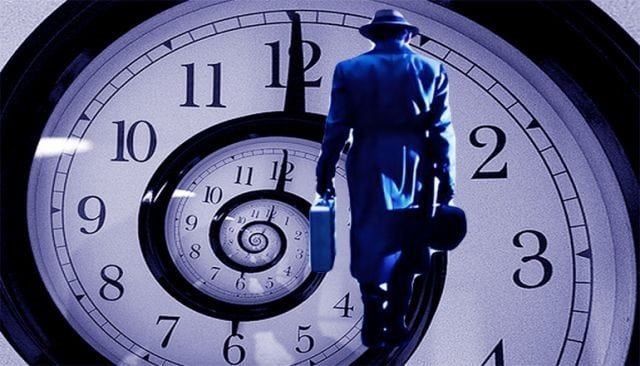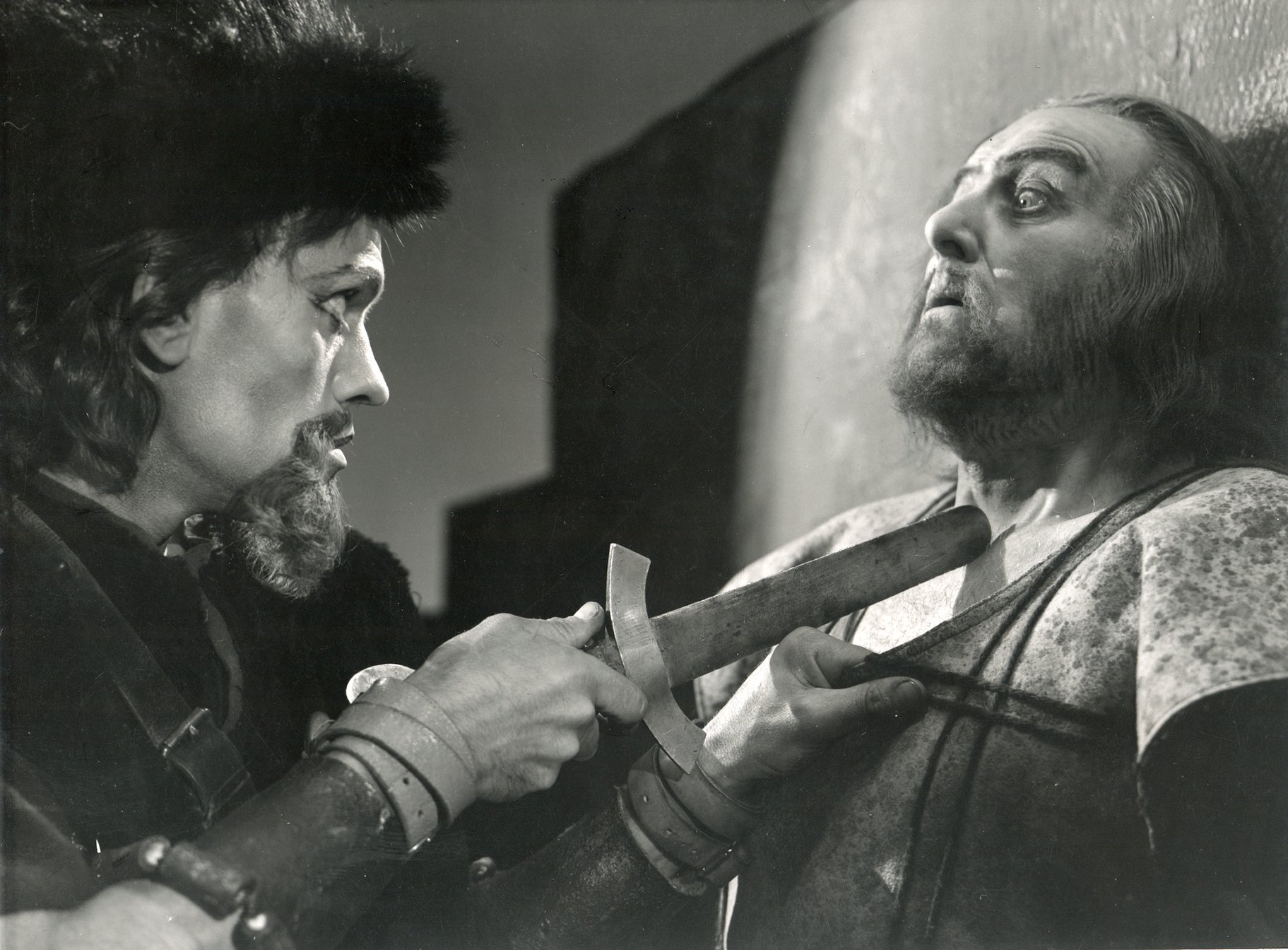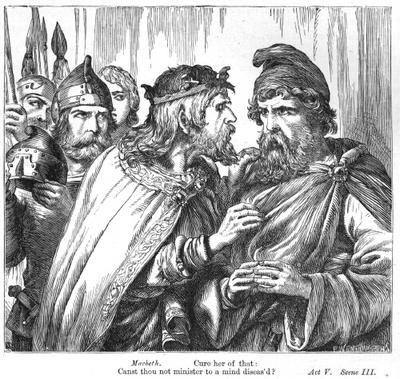It's Sunday, I am still interested in making a blog and trying to make up unique thoughts, I got called over by a friend who had an extra ticket for the sold out show in Corpus.
I sit there thinking about the Christmas Carol and Macbeth, Scrooge is intensely stingy and greedy with his money, going as far to not care about whether or not the poor die on the street, and Macbeth starts off the story being noble and loyal to his kingdom at first, having a satisfied cast of characters.
I just sat there watching the great performance of Juan/other seniors in the play that I imagined what kind of information it took to change both of them to flip personalities.
Scrooge was visited by 3 Ghosts: Past/Present/Future, who just straight up told scrooge he was a loser for being mean, where he changes into a better person for the community, especially after finding out about his affect on the people around him and about his greed/power leading him to a ignored death.
Macbeth was told by 4 Apparitions about the future who knew about the exact details of his fate and twisted, who just straight up told him that he is can become what he wants, where he changes into a terrible human being who actually has Scotland turn against him, ultimately ending up killed.
It's really ironic how they are both the opposite in themes, but still have the same type of transition through the story from every character's perspective and higher-beings.




















